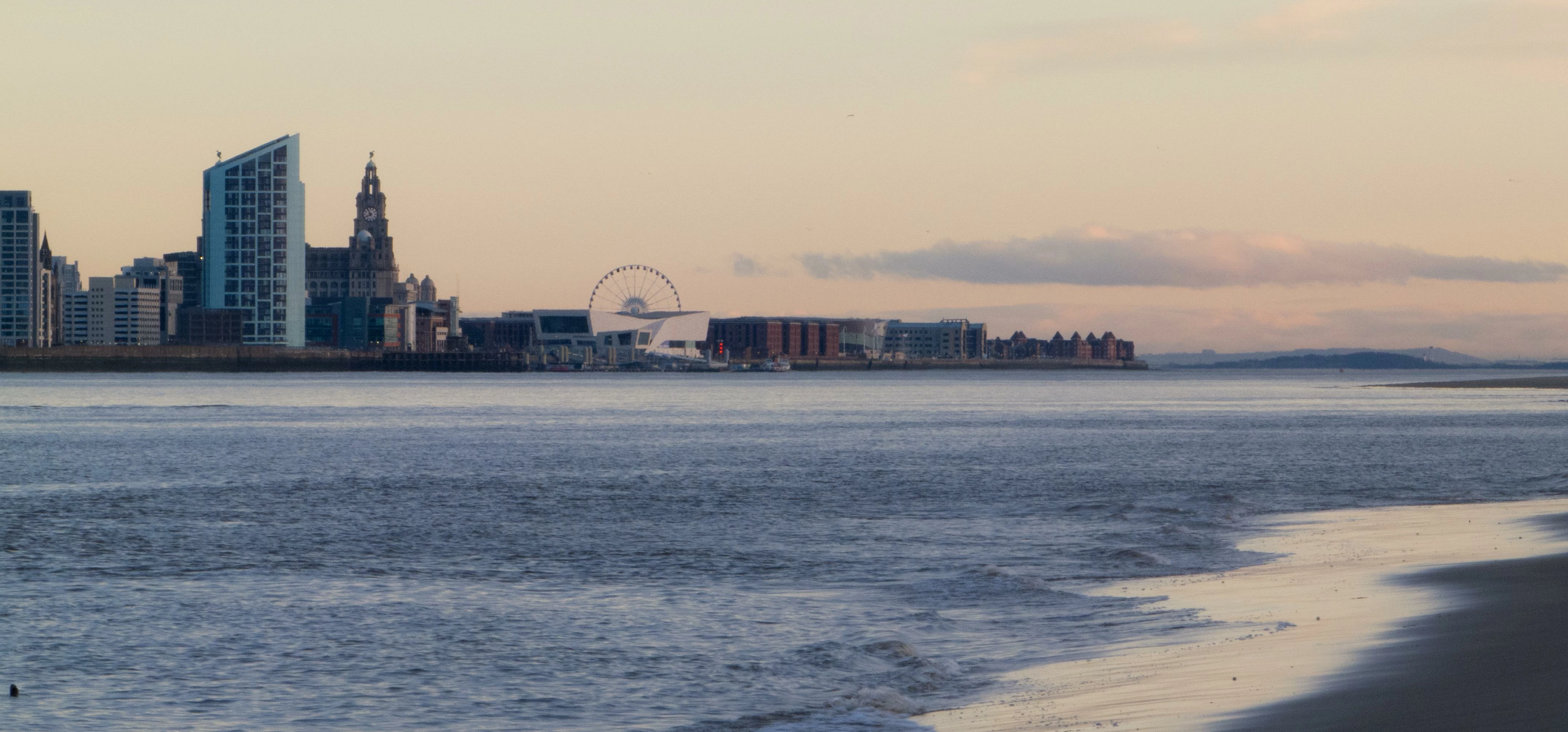
Liverpool marine robotics development gets £10m investment boost
An organisation that supports research and training in the UK’s environmental sciences sector is set to plough £15m into marine autonomous systems (MAS) and sensors, with the majority of the investment to be made through the National Oceanography Centre (NOC) in Liverpool and Southampton.
The cash, from the Natural Environment Research Council (NERC), will be used to cement the UK’s place as a world leader in marine science and technology through the development of two deepwater robotic submersibles.
With the funding in place, the NOC will create a new Autosub Long Range (ALR1500), which is capable of diving to depths of 1500m, and the Autosub6000 Mk2, an autonomous underwater vehicle that can withstand the pressures of depths as low as 6000m.
Once built, the ALR1500 and the Autosub6000 Mk2 would support future deep-ocean and under-ice scientific endeavours, such as the Changing Arctic Ocean programme.
The remaining £5m will be invested into a call for companies to develop sensors suitable for both submarine and surface platforms.
The NERC’s chief executive, Prof. Duncan Wingham, said: “This investment will help develop ambitious new technologies for researching the oceans and maintain the UK’s world-class status in autonomous marine platforms.
“It will also support specialised skills and training in this exciting area, producing the skilled scientists, engineers and technologists who will carry out innovative marine science in the decades to come.”
The £15m boost will be released as part of a five-year development programme.
The NOC’s executive director, Prof. Ed Hill OBE, commented: “We see this investment as a further endorsement by NERC of the strength, excellence, and ambition of UK marine science, and this will see the UK leading new capabilities in developing new ocean observing technologies.
“This will give unprecedented opportunity to observe complex biogeochemical and biological processes and do so in very difficult and hostile environments including extended endurance beneath the Arctic Ocean sea-ice and Antarctic ice shelves which are increasingly seen as critical environments in understanding global climate change.”
He added: “NOC will be working with the wider marine science community to prioritise the investment in new autonomous platforms and marine sensor development over the five-year period.”
Looking to promote your product/service to SME businesses in your region? Find out how Bdaily can help →








 Raising the bar to boost North East growth
Raising the bar to boost North East growth
 Navigating the messy middle of business growth
Navigating the messy middle of business growth
 We must make it easier to hire young people
We must make it easier to hire young people
 Why community-based care is key to NHS' future
Why community-based care is key to NHS' future
 Culture, confidence and creativity in the North East
Culture, confidence and creativity in the North East
 Putting in the groundwork to boost skills
Putting in the groundwork to boost skills
 £100,000 milestone drives forward STEM work
£100,000 milestone drives forward STEM work
 Restoring confidence for the economic road ahead
Restoring confidence for the economic road ahead
 Ready to scale? Buy-and-build offers opportunity
Ready to scale? Buy-and-build offers opportunity
 When will our regional economy grow?
When will our regional economy grow?
 Creating a thriving North East construction sector
Creating a thriving North East construction sector
 Why investors are still backing the North East
Why investors are still backing the North East